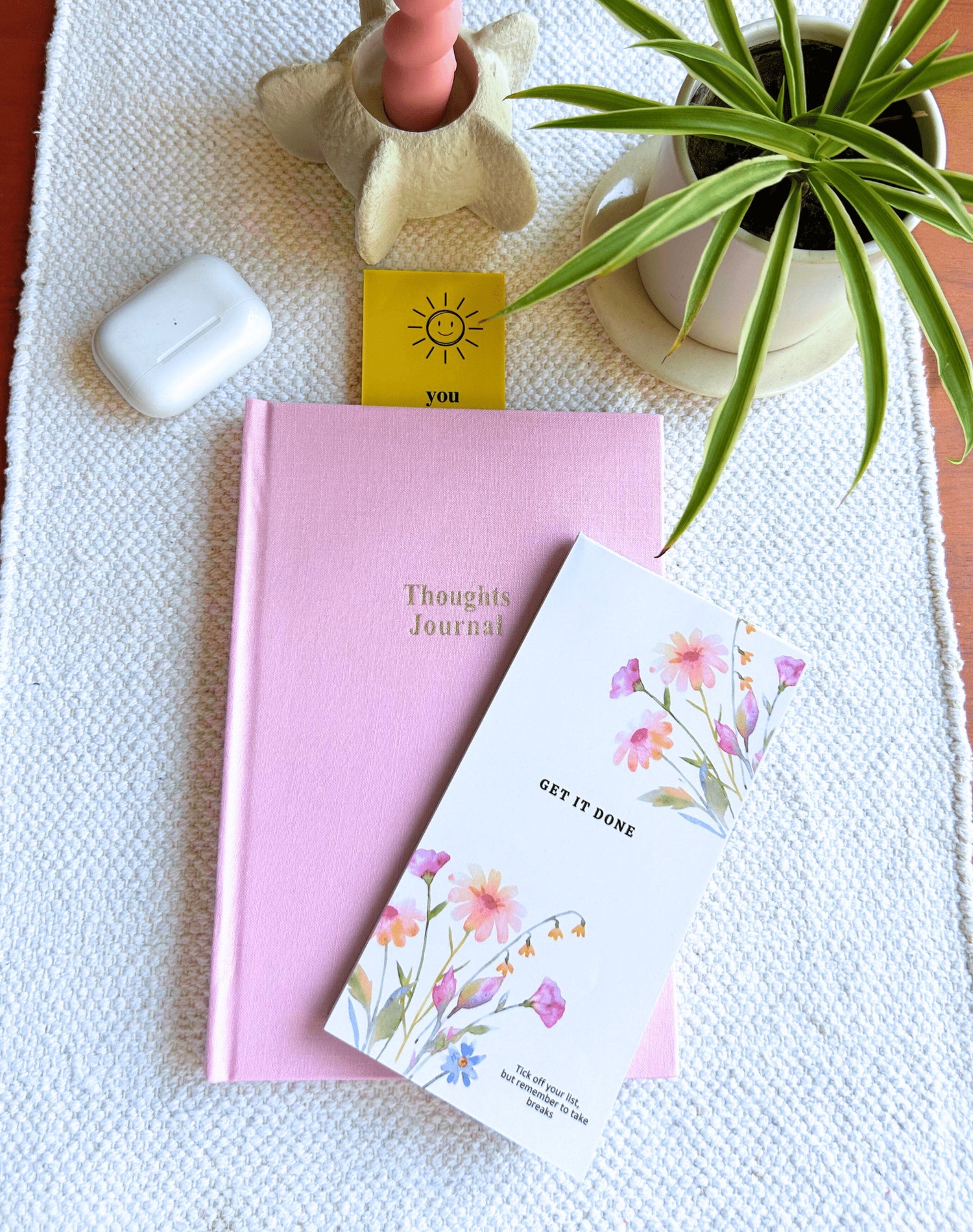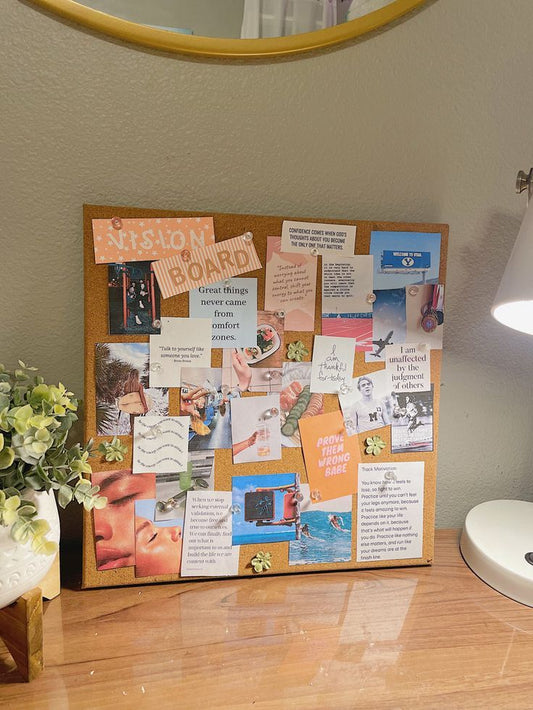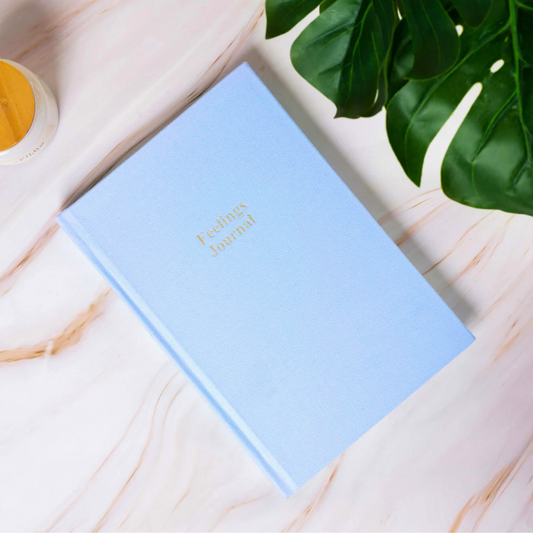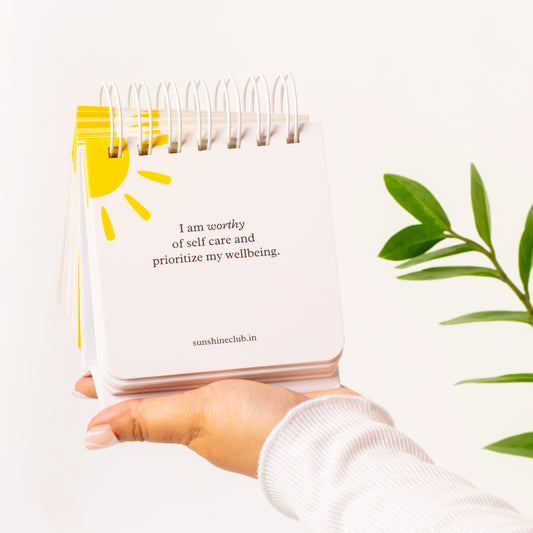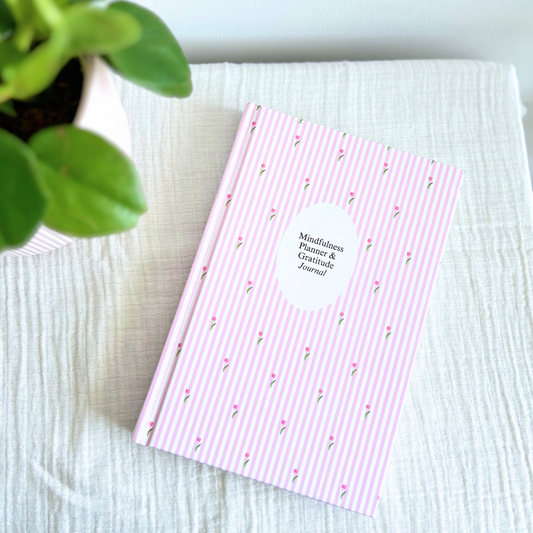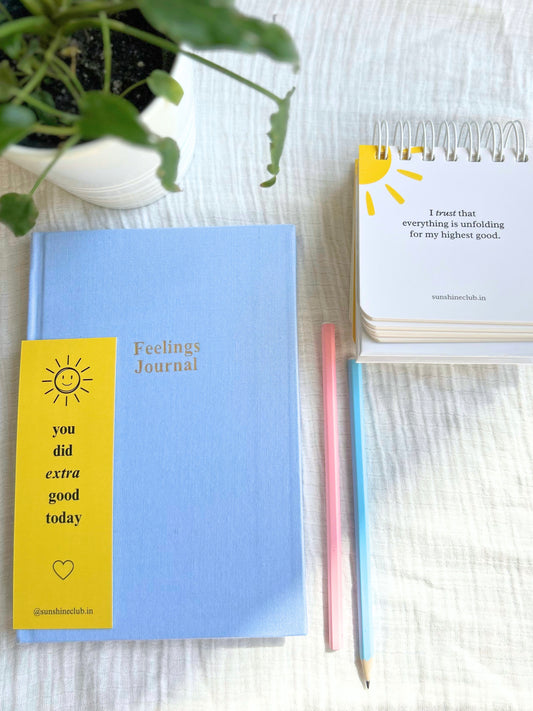
Mindfulness: The key to living in the present moment
Share
In a world that moves at a rapid pace, filled with distractions and constant demands for our attention, it’s easy to get lost in the noise. We spend our days rushing from task to task, multitasking and worrying about things we need to do tomorrow or replaying what happened yesterday. Rarely do we pause to simply be in the present moment. This is where the practice of mindfulness can be life-changing.
Mindfulness is not just a trendy concept but a profound practice rooted in the art of paying attention—intentionally and without judgment—to the here and now. It's about cultivating a state of awareness where we become fully engaged in whatever we are doing, no matter how small or routine it may seem. In doing so, we open ourselves up to the richness of life’s experiences that often go unnoticed in the rush of daily life.
The beauty of mindfulness lies in its simplicity. It asks us to slow down and take note of what’s happening around and within us. Rather than getting caught up in a never-ending stream of thoughts about the past or the future, mindfulness invites us to ground ourselves in the present, appreciating it for what it is.
So, why is mindfulness so important? Because in those moments when we are truly present, we begin to experience life more fully. We reduce the mental chatter that often leads to stress and anxiety. We give ourselves the space to breathe, to process, and to reconnect with the simple pleasures of being alive. Whether it's the sensation of your feet on the ground as you walk, the warmth of the sun on your skin, or the taste of your favorite meal, mindfulness allows us to truly savor these experiences.
The practice of mindfulness is also an incredibly powerful tool for managing stress. Often, the pressure and tension we feel are a result of our mind’s tendency to wander—fretting over things that haven’t happened yet or ruminating on past events. When we practice mindfulness, we create a pause between the external stimuli and our internal reaction. This pause gives us the opportunity to choose how we want to respond, rather than react impulsively. Over time, this awareness helps to reduce the impact of stress on both the mind and body.
Mindfulness also improves focus. In a world where we are constantly bombarded by information and distractions, staying focused on one task at a time has become increasingly difficult. By training the mind to concentrate on the present moment, mindfulness helps us engage more fully in whatever we are doing, whether it's work, a conversation, or even something as simple as drinking a cup of tea. This heightened awareness and focus not only makes us more productive but also more connected to the people and tasks in front of us.
It’s not just about reducing stress or improving focus, though. Mindfulness has a significant impact on our emotional well-being as well. When we become more aware of our thoughts and emotions, we begin to notice patterns that may have gone unnoticed before. We can observe feelings of frustration, anger, or sadness as they arise, without immediately becoming entangled in them. Mindfulness allows us to acknowledge these emotions, accept them, and respond with kindness and compassion. This awareness gives us the emotional resilience needed to navigate life’s ups and downs without being overwhelmed by them.
And let’s not forget the connection between mindfulness and gratitude. When you start living mindfully, you naturally become more attuned to the things you are grateful for. It’s in the little moments—the laugh shared with a friend, the beauty of a sunset, the joy of completing a task—that we find our gratitude. Mindfulness brings these moments into sharper focus, encouraging us to appreciate them more fully.
One of the most beautiful aspects of mindfulness is that it can be integrated into our daily lives, no matter how busy we are. It doesn’t require hours of meditation or a quiet retreat. In fact, mindfulness can be practiced during everyday activities. You can be mindful while brushing your teeth, cooking dinner, or walking the dog. It’s simply about bringing your full attention to the task at hand, observing your thoughts and surroundings without getting lost in them.
For example, the next time you eat a meal, try doing so mindfully. Notice the colors, textures, and flavors of your food. Take your time to chew slowly, savoring each bite. Pay attention to the sensations in your body—how the food feels in your mouth, the aroma, and how your body responds as you nourish it. This simple act of mindful eating can transform a routine activity into a deeply satisfying experience.
The key to mindfulness is consistency. It’s not about being mindful all the time—no one is. It’s about creating moments throughout your day where you pause and tune into the present moment. Over time, these mindful pauses will add up, and you’ll start to notice how much more grounded, centered, and at peace you feel.
As we navigate our busy lives, it’s easy to get swept away by the demands of the external world. But mindfulness reminds us that peace and presence are always within reach, no matter how hectic things may seem. It gives us the tools to reconnect with ourselves, to reduce stress, and to live with more intention.
So, the next time you feel overwhelmed or disconnected, remember to come back to the present. Take a deep breath, observe your surroundings, and gently bring your awareness to the here and now. Mindfulness isn’t about escaping reality—it’s about fully embracing it, with all its beauty and complexity.
In a world that’s constantly pulling us in different directions, mindfulness offers us a way to return home to ourselves, to find stillness amid the chaos, and to live each moment with greater awareness and appreciation. It’s not just a practice—it’s a way of life that can lead to profound transformation, both inside and out.
